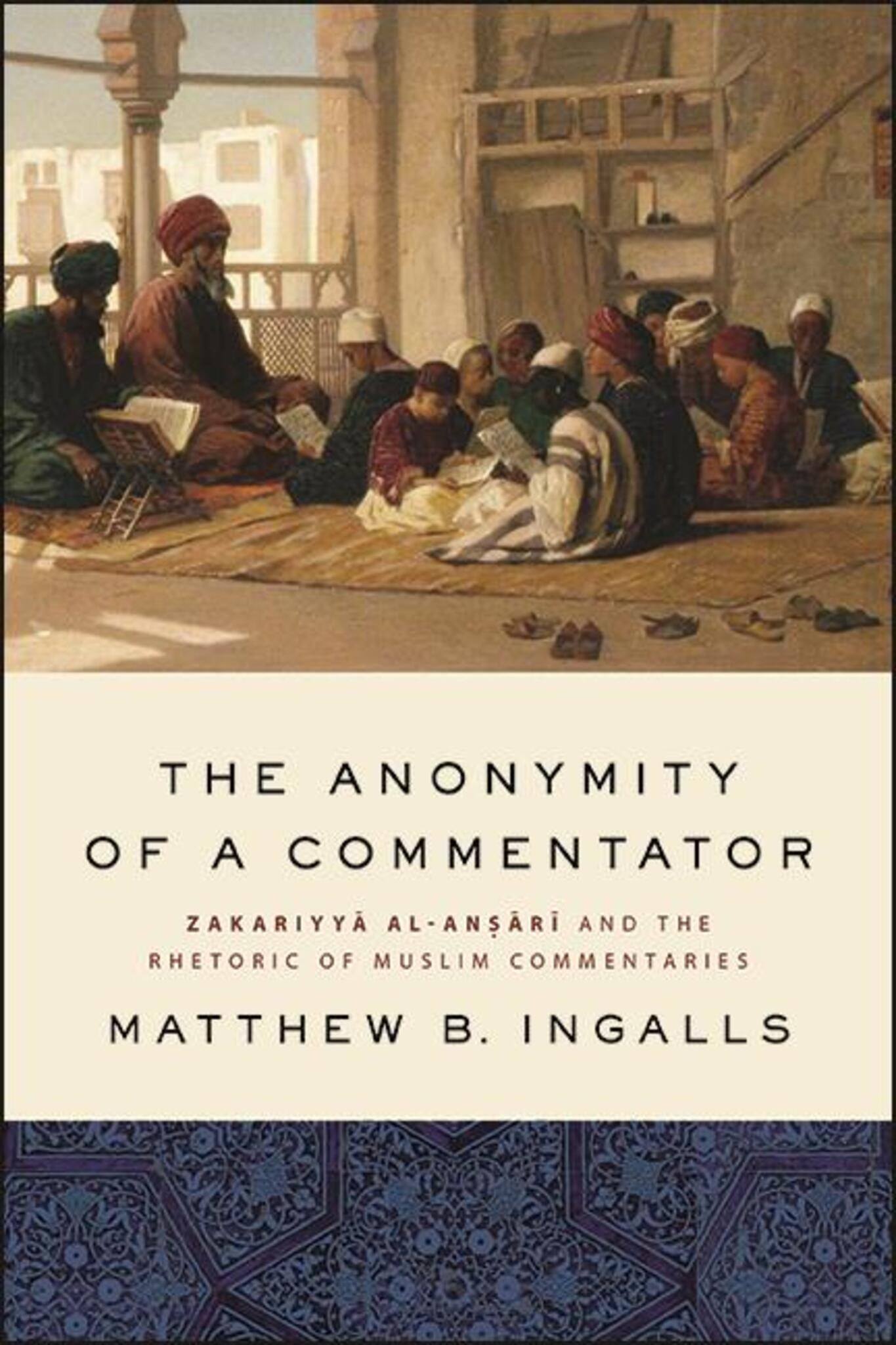We're sorry. An error has occurred
Please cancel or retry.
The Anonymity of a Commentator

Some error occured while loading the Quick View. Please close the Quick View and try reloading the page.
Couldn't load pickup availability
- Format:
-
02 January 2022

A close study of one of the most prolific commentary writers in Islamic history.
The Anonymity of a Commentator examines the life and writings of the Egyptian Sufi-scholar Zakariyyā al-Anṣārī (d. 926/1520), the longest-serving chief Shāfi'ī justice to the Mamlūk sultanate during its final years. It analyzes al-Anṣārī's commentaries in the disciplines of Sufism and Islamic law as a case study to illustrate how and why Muslims produced commentaries in the later Islamic Middle Period and how the form and rhetoric of commentary writing furnished scholars like al-Anṣārī with a medium in which to express their creativity and adapt the received tradition to the needs of their time. Whereas twentieth-century scholars tended to view Muslim commentary texts as symbols of intellectual stagnation in and of themselves, contemporary scholars recognize that these texts are often the repositories of profound ideas, although they approach them with little guidance from their academic predecessors. The Anonymity of a Commentator aims to provide this guidance, through a close study of one of the most prolific commentary writers in Islamic history.


List of Figures and Tables
Transliteration Table
Acknowledgments
Introduction
1. Muslim Commentarial Practices
2. The Life of Zakariyyā al-Anṣārī
3. The Iḥkām and the Rhetoric of the Sufi Commentary
4. Fanning the Fire of Islamic Legal Change with the Mukhtaṣar-Sharḥ Bellows
5. The Legacy of al-Anṣārī
Conclusion Commentary, Canonization, and Creativity: A New Case for the "Era of Commentaries and Supercommentaries"
Bibliography
Index



